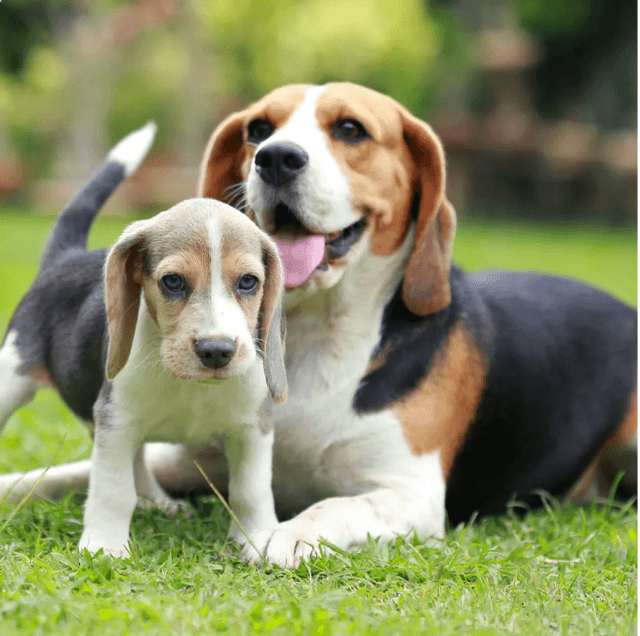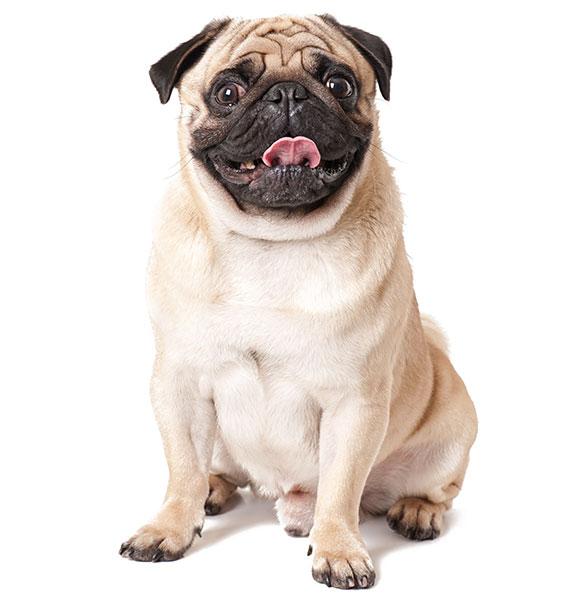Call us between 8AM-Midnight, every day!
puggles
Breed Overview
Browse All puggle PuppiesQuick facts
A cross between a Pug and a Beagle, the Puggle is loving and energetic.
SizeSmall
Lifespan10-15 Years
TemperamentActive, Smart, Affectionate
EnergyModerate
Shedding AmountModerate
Breed GroupN/A
Available puggle Puppies
Personality & Training
Tendency to Bark
High
Trainability
Moderate
Good For:
- Kids
- Cats
- Other Dogs
- Apartments
- Large Living Spaces
- Seniors
- First Time Pet Owners
- Cold Climates
Physical Characteristics
Height
Females: 13 - 15 in
Males: 13 - 15 in
Weight
Females: 18 - 30 lbs
Males: 18 - 30 lbs
Grooming Requirements
Bathe as Needed, Wrinkle Care
Drool Amount
Low
Explore Similar Breeds
About puggles
The Puggle is a cross between a Beagle and a Pug that combines the Beagle’s boundless energy and the Pug’s warm, loving personality. Puggles also have the Beagle’s incredible sense of smell and desire to track, and the Pug’s slightly pushed-in face. They vary in color and size but are consistently popular family dogs and easy to take care of and train.






